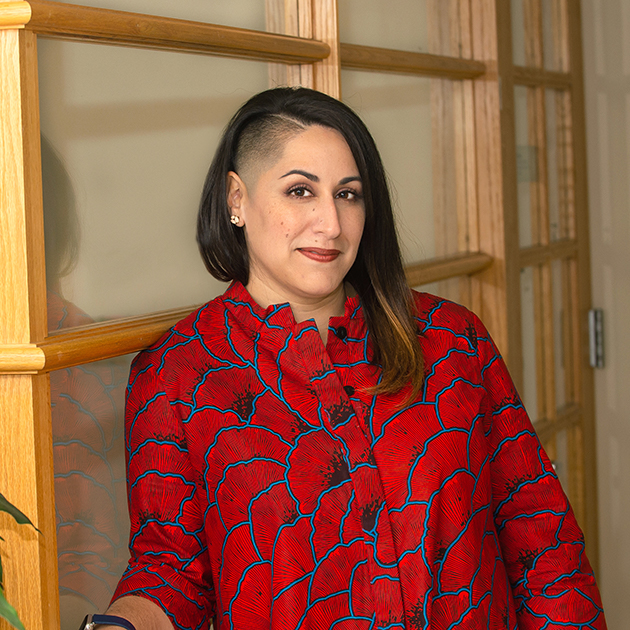
Wellbeing Connections with Dr. Chugani - June 23
June 23, 2021 Written by Dr. Carla Chugani
 Wellbeing Connections with Dr. Carla is a weekly blog post written by Dr. Carla Chugani, an Assistant Professor of Pediatrics at the University of Pittsburgh. At the beginning of the pandemic, Dr. Chugani (a therapist and mental health researcher with expertise in collegiate mental health) was asked to begin preparing weekly wellness emails for her division. These messages have since spread across her university and she is delighted to share them with the University of Delaware community. Her weekly messages are a mix of skills from evidence-based practices such as cognitive behavior therapy and dialectical behavior therapy, mindfulness practices, practical tips for solving everyday problems (e.g., email overload and zoom fatigue), and reactions to major world events. Overall, the goal of these messages is to provide weekly reminders to create space for wellbeing, self-care, and reflection.
Wellbeing Connections with Dr. Carla is a weekly blog post written by Dr. Carla Chugani, an Assistant Professor of Pediatrics at the University of Pittsburgh. At the beginning of the pandemic, Dr. Chugani (a therapist and mental health researcher with expertise in collegiate mental health) was asked to begin preparing weekly wellness emails for her division. These messages have since spread across her university and she is delighted to share them with the University of Delaware community. Her weekly messages are a mix of skills from evidence-based practices such as cognitive behavior therapy and dialectical behavior therapy, mindfulness practices, practical tips for solving everyday problems (e.g., email overload and zoom fatigue), and reactions to major world events. Overall, the goal of these messages is to provide weekly reminders to create space for wellbeing, self-care, and reflection.
Hi Everyone,
Today I want to talk about observing limits, which is an important part of DBT (dialectical behavior therapy, which I practice). The idea is that we are all responsible for observing and maintaining our own limits. Observing our limits means that we work to be aware of the limits of our comfort or ability and communicate these to others. Maintaining limits means that we take steps toward correcting situations where others have crossed our limits or times when our limits might have changed. For example, I am normally pretty open to taking on new projects but right now my limits are reduced and I am saying no to more things than usual. I normally answer emails on the weekends, but I am not doing this either unless it's urgent or time sensitive. These are examples of me effectively observing and maintaining my current limits (i.e., I'm aware that my limits have changed and I'm acting accordingly).
You might be wondering if limits are the same thing as boundaries - and the answer is yes, for the most part. We use the word limits because of the stigmatizing nature of the word "boundaries" which implies that there are "correct boundaries" and that people who violate these have "poor boundaries." Instead, we adopt the (nonjudgmental) stance that we are all allowed to have our own limits and we are all responsible for observing and maintaining them.
What I want to emphasize is that one of the best things we can do to care for ourselves is to be extra mindful about what our current limits are and how those limits may have changed recently. It's okay if your limits are lower than they normally are. It's okay if your productivity isn't where it normally is. It's okay if you have less to give to others right now. Working to observe and maintain your current limits will ultimately protect you from feeling even more worn down, burned out, distracted, or irritable, and can give you the space you need to begin to feel more balanced again.
Best,
Carla
PS - This message was originally sent on 4/21/20 and has been reposted today with minor edits
